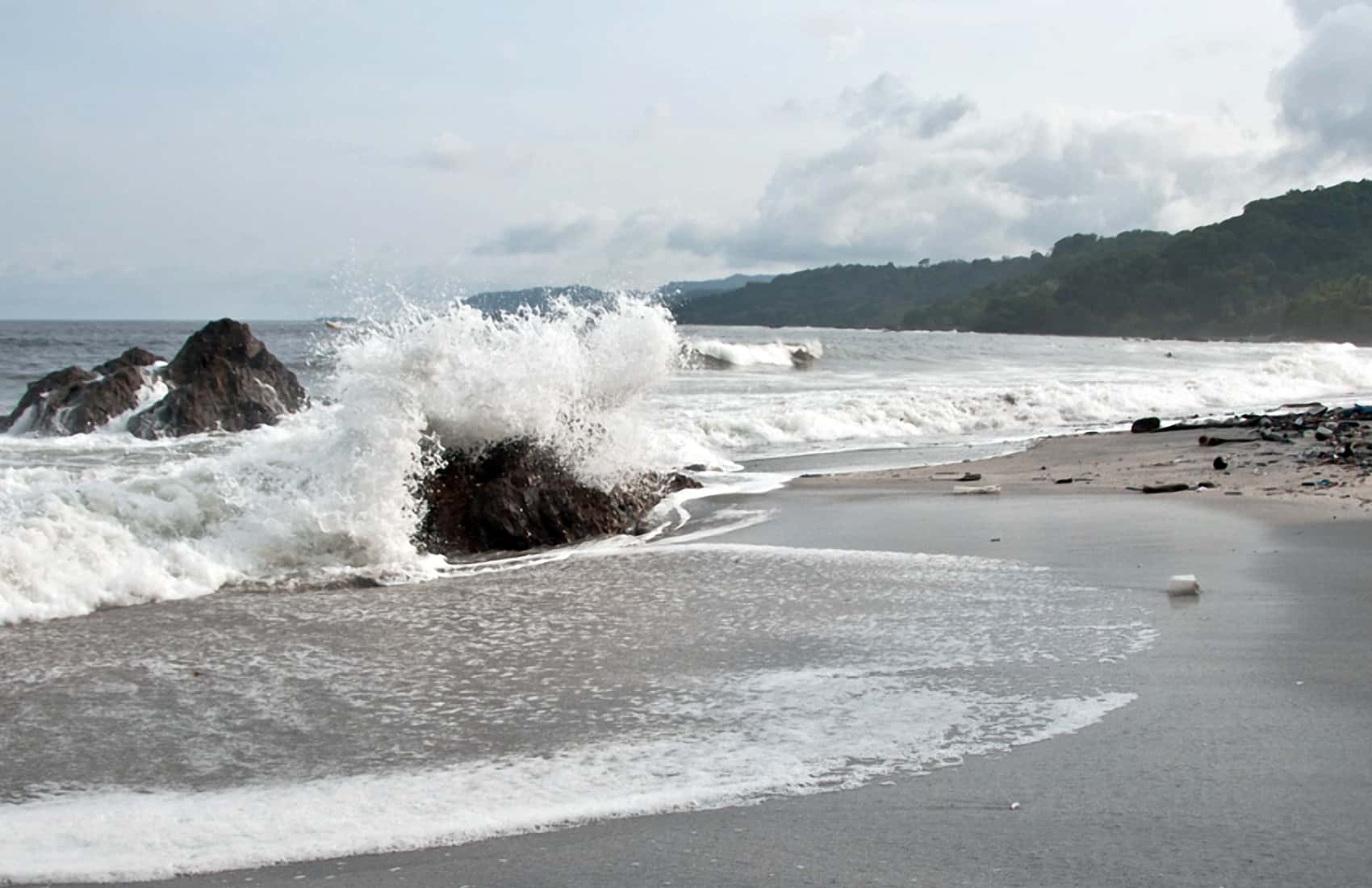Based on remarks to wonderful staff members, volunteers and friends of AFS Costa Rica in San José on Sept. 29.
I’ve spent a number of years and many thousands of words pondering the lessons Costa Rica has taught me. Some of them are specific to the delightfully unique attitudes, wordplay, foibles and flaws of this particular country. Others, however, are life lessons that I think are familiar to anyone who has lived or studied abroad.
We carry them with us, whether we “forget to come home” – as my father, who turned 80 last week, likes to say of me – or whether we head back to our native lands, forever changed.
Here are four of the lessons that have been most important for me. What about you?
- Progress isn’t always linear.
This is, perhaps, a lesson learned simply by getting a little older – but experiencing the intricacies of culture shock over a period of years definitely helped me figure this one out. The thing is: it’s not really one shock. And it’s definitely not a series of steps to check off.
It’s more like waves, experienced as if you were a bit of flotsam and jetsam, bobbing in changing and inconsistent waters. You may be confident and serene right now, but in a flash you’ll be tossed backward, more lost or excluded than the day you arrived. Perhaps the tide in this metaphor is indeed marching in the right direction, heading slowly but surely up the beach. However, you’re just a bit of wood or a lost flip-flop, so it won’t feel like progress to you.
It’s not your fault, or the waves’. It’s the way things work.
Recommended: A tale of two Costa Ricas
You have to get used to that, or you’ll be very frustrated. And that’s true not only of cultural adaptation, but of most anything in life that matters: Friendship. Parenthood. Love. Learning hard things.
A reader wrote me recently telling me he found the fact that I’m still learning about language and culture in Costa Rica after decades of study “disheartening.” My response: please don’t! It’s so much fun. If I ever did reach mastery of these un-masterable skills, I’d have to move somewhere new.
- The worst thing is sometimes also the best thing.
Again, we learn this sooner or later simply by being alive, but experiencing another country accelerates it. We quickly see that the qualities we treasure most in the places we’re encountering, and in our own homelands, are often the things that frustrate us the most.
Costa Rica’s famous laid-back approach, exemplified by pura vida: the key to happiness, or a frequent gateway to acceptance of mediocrity? The convenience and ease of life (say, running errands) in the United States: delightful, or the foundation for materialism and obesity?
The answer is usually both. The same is often true for the people in our lives, as well.
- Others – people, communities and countries – are always more complex than we realize.
When I’m home in the United States and come across Latin American Blend coffee, it always seems so strange to me. Latin American Blend? Why? Even a Costa Rican Blend would be very strange, when coffee from Orosi and, say, Santa María de Dota taste so different. Twenty years ago, I would never have thought about this the same way, but years of mountainous drives and many, many cups of café chorreado gradually changed the way I thought about what’s in that bag.
Obviously we estadounidenses are particularly renowned for a lack of understanding of countries beyond our borders; our size, power and linguistic dominance contribute to our myopia. But I’m often asked in Costa Rica what people eat in the United States, or what we believe, or what the weather is like, and find myself explaining just how many varieties are housed within those 50 states.
Any lack of understanding I’ve encountered pales in comparison to my own ignorance about, say, the almost unfathomable diversity and nuance among the nations of Africa, the Middle East, Eastern Europe. Hmm. I should really get on the road again.
- Being an outsider grants you powerful vision – and insiders should seek that out.
I’ve written before about “immigrant vision,” the fresh perspective outsiders have on our adopted countries, a perspective that is often overlooked or underutilized. Those who travel or live abroad gain such perspective. However, I think it’s even more important that we gain an appreciation for the value of the outsider, and can take that appreciation home with us.
You can travel the world and remain as close-minded as the day you began. You can live abroad for 30 years and refuse to learn a thing. You can live your whole life within a five-mile radius and be the wisest, kindest and most learned of people.
However, I do believe that travel and student exchange are, without any doubt, powerful medicine for a world continuously wobbling in the wake of violence, hatred and bigotry.
To all those packing their bags, enrolling to study abroad, or working hard as teachers, parents or volunteers so young people can venture forth into the world: thank you. The world needs more of you. More homestays, more awkward first days, more this-will-be-funny-later misunderstandings that lead to humility and knowledge.
That’s progress: as messy and sure as an incoming tide.
Read more columns from Katherine here.
This piece was originally published on the Love in Translation blog by Tico Times Editor Katherine Stanley Obando. She is the author of The Tico Times’ “Maeology” column and “Love in Translation: Letters to My Costa Rican Daughter,” a book of essays about motherhood, Costa Rica’s unique street slang, bicultural parenting, and the ups and downs of living abroad.





